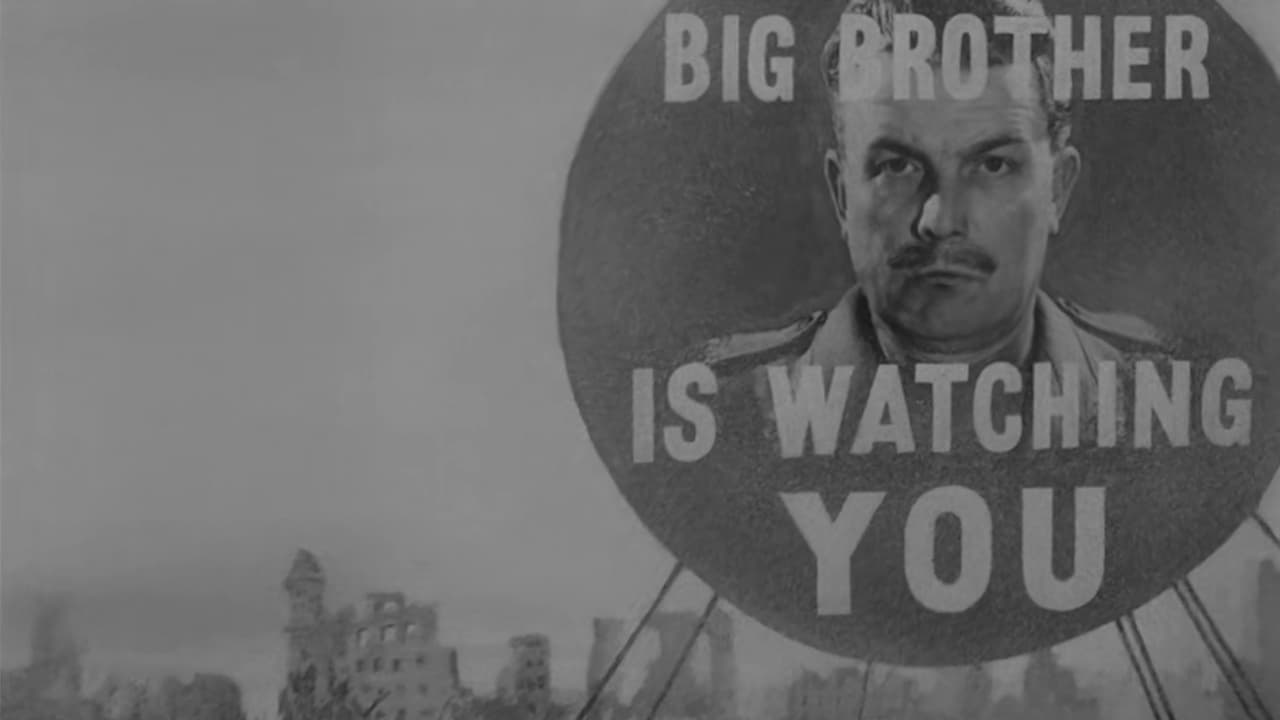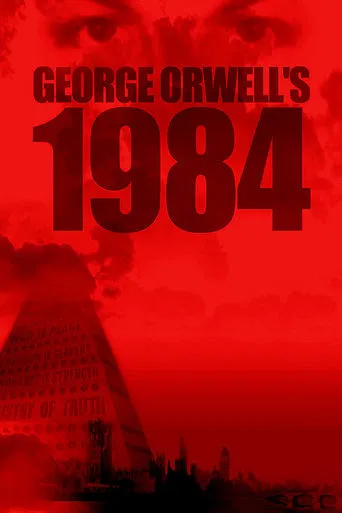

This great, silver age rendition of "1984" is available via peer-to-peer, although very rare. Well, the budget is rock bottom, exteriors are worth twenty dollars at most...BUT! Acting is just great and lines are delivered in a mostly heartfelt, credible and professional manner. Cushing at his best. On the pop-culture side, i strongly disagree with the poster who claimed " Nowadays Big Brother is little more than the title of a cheap, spineless TV series. Back then it was a terrifying possibility.". Well, judging by the amount of cameras, concealed cameras, data storage, speed traps and how recent international events of magnitude have been handled by media, we can safely guess big brother is more alive today than he ever might have been in the imagination of the most warped writer harboring the most sinister hallucinations just a few decades ago. I find the character of Julia pretty well acted. The final plot twist, although not so original, is very well rendered and the final encounter between the two is gut-wrenching. The torture scenes are good and i loved how big brother diminished food supplies in a row, only to save the day increasing them a little, when none ever recalls the past shortages...sounds much like petrol prices to me. Worth watching more than once.
... View MoreSince these posts are relatively old, maybe there could have been a DVD or VHS release in the meantime. I'm a 1984 addict and if anyone has heard stg about it, could he please let me know. Serious 61, does your offer still hold?. If the answer is yes, I'm interested.I collect everything linked with dystopia, books, of course, but also movies. If you have some suggestions, it would be very helpful And I would be very grateful.It goes without saying that 1984 is way above the others dystopia novels (Brave New World, We, Farenheit 451 etc..) in my opinion, but I'll sturdily stand by Orwell 'til my last breath
... View MoreThis production is breathtaking. The BBC did an amazing job of translating Orwell's bleak book onto the screen. It is very dark and the treatment of Smith at the end of the film is not glossed over, this is really daring given the time it was made.This is a TV movie, the first film based on the novel, 2 years later a US movie version was made which also starred Donald Pleasance but the two films couldn't be more different. Pleasance plays Syme in this one, and does a great job - most memorably describing how beautiful destroying words is. In the 1956 movie he plays Parsons and is less suited to that role, the actor who plays Parsons in this film is Campbell Gray who i know nothing about but he does a fine job playing the role later played by Gregor Fisher of Rab C Nesbitt fame in the 80s version. Cushing plays Winston Smith and gives a typically great performance, physically he is ideal to play Smith and of course he was a fine actor.This version stays truest to the novel and is actually better than the John Hurt/Richard Burton version from the eighties.I can't think of one bad thing about this film, apart from the fact you can't buy it anywhere.
... View MoreThis is quite the best version of this over-rated fable due in great part to Peter Cushing's subtle and moving reading of Winston Smith. He was an actor of only a very few identities but he was very good at 'playing the text' which means that even the most fantastic tale is utterly believable and gripping.Save for a few filmed inserts, this is a live performance and that also adds something quite magical to the piece. For once the story becomes a compelling adventure rather than the clumsy and misdirected polemic that it is sometimes staged as.Subsequent versions have been grounded too much in designer's desire to create a 'nightmare world' in which the action takes place. In the 1980s version the impact of the 'message' is lessened by unconvincing filth and modish gloom. Here the barren sets and simple costumes leave more space for the action.A little confusion may arise because Wilfred Bramble appears in two parts but in general, as was often was the case at the BBC, the low budget actually adds to the thing.
... View More